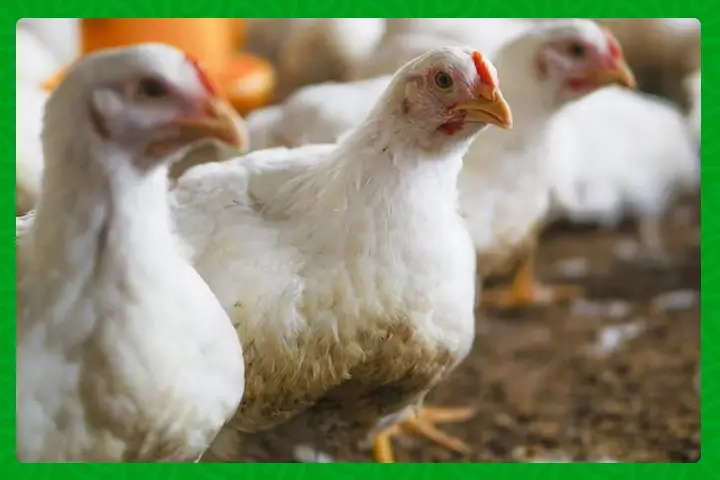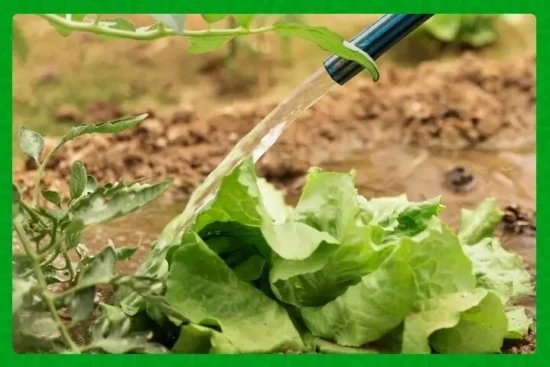
In a move to streamline and standardize farmgate chicken prices, the Cameroon Poultry Interprofessional Association (Ipavic) has sparked a wave of disagreements within the industry. The proposal, outlined in a letter from Ipavic’s president, François Djonou, suggests pricing chickens weighing between 1.8 and 2 kg at CFA2,300. However, this proposition has not found unanimous support, with the Association of Broiler Chicken Producers in the Littoral and Southwest (Appolis) challenging the feasibility of this price point.
Unveiling the Pricing Debate
Patrick Bakam, interim vice president of Appolis, emphasized that the proposed CFA2,300 price tag does not align with the actual production costs. According to Bakam, the current production costs for a chicken in the specified weight range stand at CFA2,200, leaving a slim margin of CFA100. This, Bakam argues, falls short of recognizing the two months of intensive efforts invested in the production process.
While acknowledging the commendable efforts to harmonize chicken prices, Appolis proposes an adjustment to the kilogram price, advocating for it to be set at CFA1,500. This stands in stark contrast to Ipavic’s decision to cap it at CFA1,150, setting the stage for a contentious pricing scenario.
Ipavic’s Perspective and the Challenge of Affiliation
Bertrand Benoît Onana, the permanent secretary of Ipavic, asserts that the CFA2,300 price was a result of a consensus reached with producers. However, Patrick Bakam contends that Appolis, as an affiliated association, was not only consulted but also has suggestions that went unheard.
The crux of the disagreement lies in the recognition of Appolis as an affiliated association by Ipavic. Bakam argues that Ipavic should automatically recognize Appolis due to its extended competence. In response, Ipavic maintains that Appolis is not recognized as an affiliated association, setting the stage for a complex debate over representation and decision-making.
The Proposal for Comprehensive Change
Appolis not only seeks a revision of the kilogram price but also advocates for a shift in sales mechanisms. The association proposes electronic weighing for transactions, spanning from the farm to the market retailer. Additionally, Appolis suggests that the kilogram price should be dynamic, adjusting based on the fluctuation of input costs and chick prices.
In a late October statement, Ipavic acknowledged the need for regular adjustments based on raw material prices, hinting at a willingness to adapt to industry dynamics.
Navigating Towards Consensus
As Cameroon’s poultry industry grapples with these pricing discrepancies, the future of standardized chicken prices remains uncertain. The ongoing debate underscores the industry’s commitment to finding solutions that balance the interests of producers, associations, and the overarching goal of streamlining the poultry market. In a climate of change, adaptation, and negotiation, stakeholders are poised to shape the trajectory of the poultry industry in Cameroon for years to come. Stay tuned as these discussions unfold, paving the way for a more transparent and sustainable poultry marketplace.
Stay updated with the latest farming tips and agriculture industry news from Africa by subscribing to our newsletter. Don’t miss out on valuable insights and updates. Follow us on Twitter, LinkedIn, and Facebook to join our farming community and stay connected with us.



















